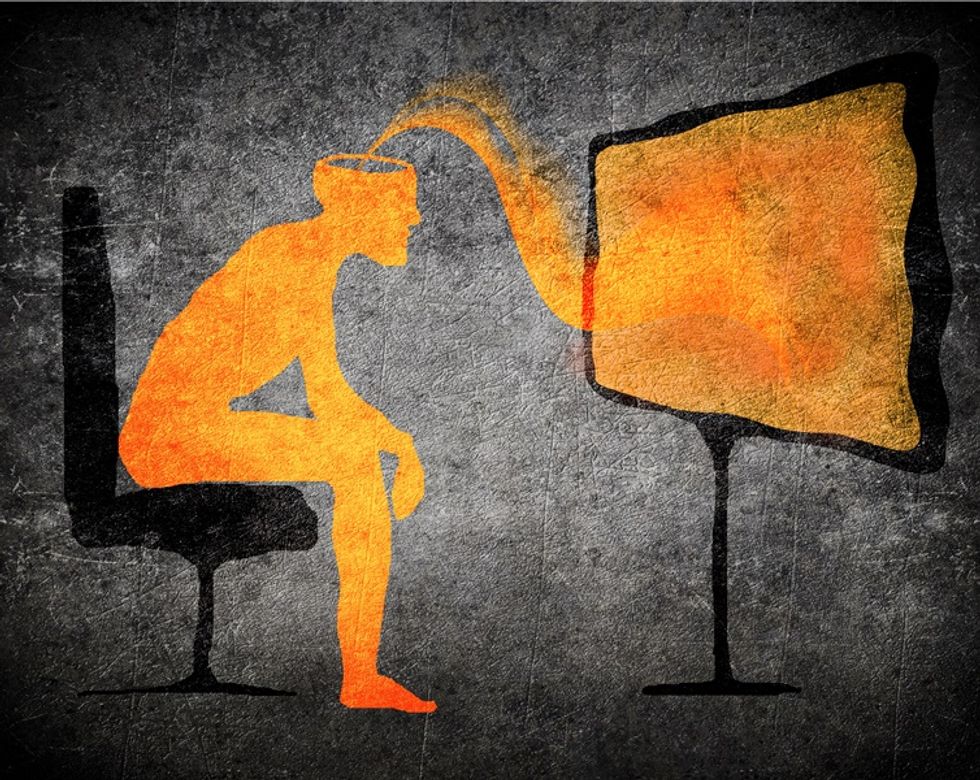One would think that Neil Postman was critical of television after reading “Amusing Ourselves to Death”, but that would be a wrong assumption. Analyzing his text closely, one would see that he was not concerned about television as a technology but television as a medium. He divulges that “a technology becomes a medium as it employs a particular symbolic code, as it finds its place in a particular social setting, as it insinuates itself into economic and political contexts. Technology, in other words, is merely a machine. A medium is the social and intellectual environment a machine creates”. His major concern was the discourse in which the “medium” was producing: a culture of entertainment.
Postman asserts that “entertainment is the supra-ideology of all discourse on television”, and I believe he would have the same assessment about the internet. The internet has now become the predominant medium in reaching a mass audience and that medium encompasses the same entertainment culture as that of the television. It is a culture that is consumed with blogs, video postings, and social media. Postman was right in saying “Americans no longer talk to each other, they entertain each other. They do not exchange ideas; they exchange images. They do not argue with prepositions; they argue with good looks, celebrities and commercials”, and this is even more prevalent in this era of the internet.
In his rhetoric when scrutinizing television's treatment of news, politics, religion, and other serious matters, he makes an appointed assessment. Focusing on news shows, he states “everything about a news show tell us this- the good looks and amiability of the cast, their pleasant banter, the exciting music that opens and closes the show, the vivid film footage, the attractive commercials-all these and more suggest that what we have just seen is no cause for weeping.” This statement is very relevant because it paints a clear picture of what we see today in various news shows.
Postman further proclaims that “a news show, to put it plainly, is a format for entertainment, not for education, reflection or catharsis,” which is also true for discussions of religion, politics and other serious matters because of television. These discussions are heightened with a degree of entertainment when on television because it would be considered boring otherwise. It is taboo to say “I don’t know” or “let me think” during a television show, according to postman because “this type of discourse not only slows down the tempo of the show but creates the impression of uncertainty or lack of finish. It tends to reveal people in the act of thinking, which is as disconcerting and boring in television as it is on a Las Vegas stage”. The host would often rush through a dialogue with someone who pauses to “think”, in order to keep the show fast paced and entertaining, so the “medium” itself is set up to discourage reflection.
Entertainment has declared its dominance in the content of all of our discourse, so that the message itself becomes less important, and the entertainment value in communicating the news is more important. Postman examines the intrinsic biases that television has as a medium, demanding fast editing, on-going stimulation, and the rhetoric for irrational entertainment. Postman concerns about the medium of television in 1987 was very valid, we just have to look at our progression throughout the years, and in 2017 where our culture is transfixed on one thing; Entertainment.
















